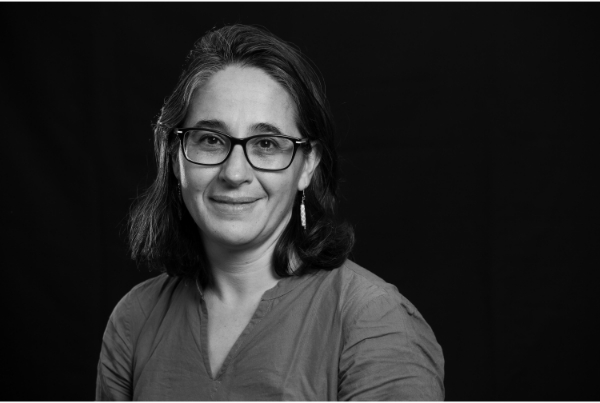Victoria Reyes-García receives an ERC Proof of Concept Grant
Victoria Reyes-García ICREA Research Professor at the Institute of Environmental Science and Technology of the Universitat Autònoma de Barcelona (ICTA-UAB) is one of the 166 top researchers that will receive ERC Proof of Concept Grants.

The project, titled “Research on Indigenous Data Governance Protocols” (RIDaGoP), will help create a toolkit to work with Indigenous peoples on improving governance mechanisms to protect their knowledge systems, as information become increasingly present in the digital world. RIDaGoP aims to contribute to the operationalization of Indigenous data governance and sovereignty principles within open-data research contexts, using the ERC-funded LICCI project as a case study.
Worth €150.000 each, this top-up funding is awarded to ERC grantees to explore the innovation potential of their scientific discoveries and bring the results of their frontier research closer to market or society. With the additional money researchers can, for example, investigate business opportunities, establish intellectual property rights, conduct technical validation, or explore the social benefits of their frontier research findings.
The ERC project Local Indicators of Climate Change Impacts (LICCI) explores the potential of Indigenous and local knowledge (ILK) to contribute to climate change research, partly by collecting and publishing the data on a citizen science platform (OpenTEK). In 2020, the project received additional funding to create LICCI Observation Network (LICCION), aimed at strengthening the recognition and participation of Indigenous peoples and local communities (IPLC) in regional and international policy decisions around climate change impacts, mitigation and adaptation measures. The new grant will help the LICCI team, led by Victoria Reyes-García, to create a toolkit to work with Indigenous peoples and their knowledge systems as culturally significant information becomes increasingly digitalized, especially in open-data research contexts.
Current data governance trends increasingly emphasize the need to open access to data, despite growing concerns over data privacy, control and surveillance. Indigenous peoples, with different epistemological traditions for the use and sharing of culturally sensitive information, reinforce the growing concern of people’s ability to exert data sovereignty, especially since they hold specific collective rights under the UN Declaration on the Rights of Indigenous Peoples (UNDRIP). Thus, while interest grow on the documentation and use of Indigenous knowledge, current data governance trends do not align well with Indigenous data rights and governance rules. This is the case of most data on Indigenous peoples especially within EU open-data research.
Over a 15-month period, and using the LICCI project as a case study, the Research on Indigenous Data Governance Protocols (RIDaGoP) project aims to contribute to the field of Indigenous Data Sovereignty (IDS) by developing a set of tools to guide the management of Indigenous knowledge and data in the open while adhering to Indigenous data governance principles (e.g. CARE Principles).
By contributing to the work of leading IDS organizations such as Local Contexts, the Collaboratory for Indigenous Data Governance and the Global Indigenous Data Alliance, the new ERC Proof of Concept grant has the potential to reframe how datasets concerning Indigenous peoples are interpreted and managed in EU open research contexts and consequently how Indigenous peoples’ knowledge is represented.
Victoria Reyes-García holds a PhD in Anthropology by the University of Florida. She is and ICREA Research Professor at ICTA-UAB, and since 2006, she coordinates the Laboratory for the Analysis of Social-Ecological Systems in a Globalised world (LASEG). She studies indigenous and local knowledge of the environment and the importance this knowledge can have to understand and deal with the climate and environmental crisis. She lived amongst the Tsimane, an indigenous community of the Bolivian Amazon, from 1999 to 2004. She has been awarded an ERC grant four times: a Starting grant, a Consolidator grant, and two Proof of Concept grants. In 2020, she received the Narcís Monturiol award from the Government of Catalunya and was elected international member of the US National Academy of Sciences, where she is currently the only woman from Spain to be member.